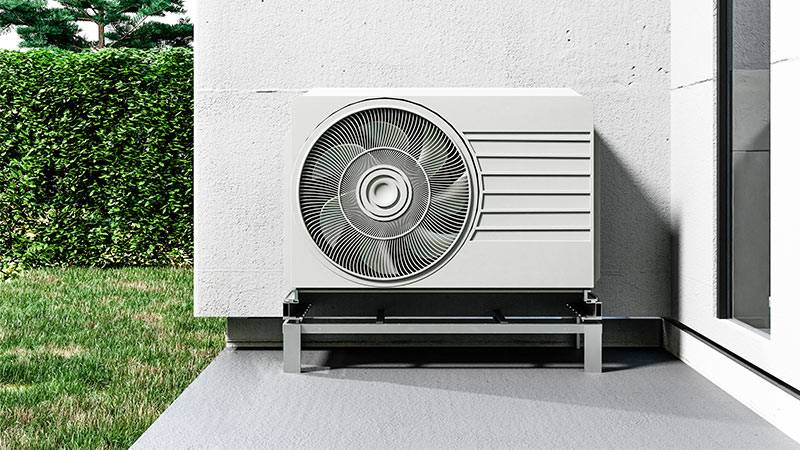In Juneau, Alaska, a unique carbon offset project is garnering attention for its effectiveness and community focus. The town, home to 31,000 residents, sees a dramatic influx of tourists, particularly from cruise ships, which contribute significantly to carbon emissions. The Alaska Carbon Reduction Fund, a local initiative, addresses this issue by offering tourists the option to pay a small fee to offset their carbon footprint. Unlike many offset programs, this fund directly invests in local environmental projects, notably the installation of heat pumps for residents.
Heat pumps are a practical choice in Juneau, with its mild winters and reliance on hydropower. These pumps, cheaper and less polluting than oil heating, have proved financially beneficial for locals like Kira Roberts, who have seen significant savings on heating costs. The program’s focus on heat pumps aligns with Juneau’s broader goal to have 80 percent of its energy needs met by renewables by 2045.
The initiative, launched in 2019, targets residents who are less affluent and might not otherwise afford to switch to more sustainable heating solutions. By replacing oil heating systems with heat pumps, the fund has been able to significantly reduce carbon emissions at a local level. This approach sets it apart from other voluntary offset programs, which often support distant, less transparent projects.
Heat pumps are “a no-brainer” in Juneau’s mild (for Alaska) winters, said Andy Romanoff, who administers the fund. Juneau’s grid relies on emissions-free hydropower, so electricity is cheaper and less polluting than oil heat. They also save residents money — Roberts said she was paying around $500 a month on heating oil, and has seen her electricity bill climb just $30.
However, the project faces challenges, including a national shortage of heat pump installers and the need for more funding. Local businesses, including a regional tour operator, Allen Marine, have begun supporting the initiative, recognizing the opportunity to give back to the community. Additionally, smaller companies like Wild Coast Excursions have included the carbon offset in their pricing, adopting a carbon-negative approach.
Despite its success, the Alaska Carbon Reduction Fund has avoided third-party verification due to high costs and concerns over negative perceptions of carbon offsets. This decision has hindered potential collaborations with larger entities like major cruise companies, which often prefer verified projects.
According to Grist, the fund has sparked interest from other regions, suggesting potential for replication in areas with similar heating needs. However, the approach might not be as effective for gas-powered heating systems due to higher costs. Nonetheless, the success of Juneau’s carbon offset program demonstrates a promising model for local environmental initiatives, balancing the demands of tourism with the urgent need for climate action.
This project, with its focus on practical, local solutions and community involvement, represents a hopeful step in addressing the complex challenges of climate change and sustainable tourism. As it gains more support and recognition, it could inspire similar initiatives in other regions, contributing to broader efforts to mitigate the effects of climate change.
More inspiring green news similar to this:


